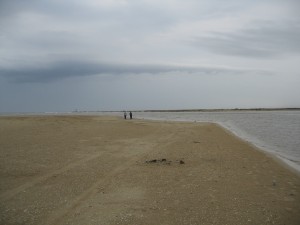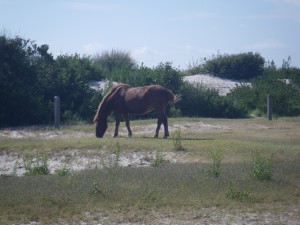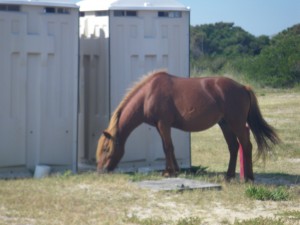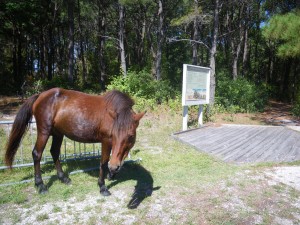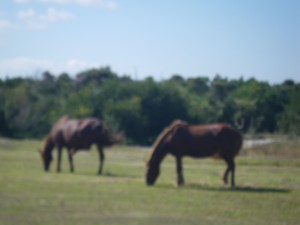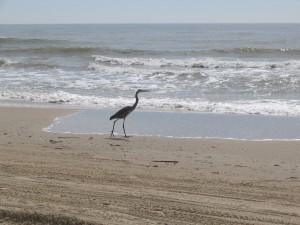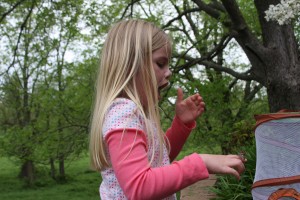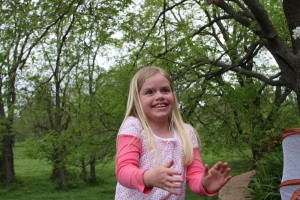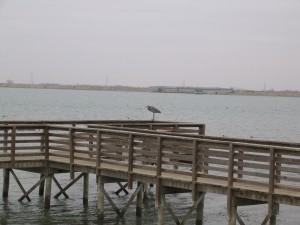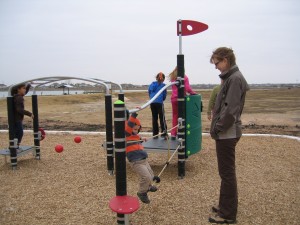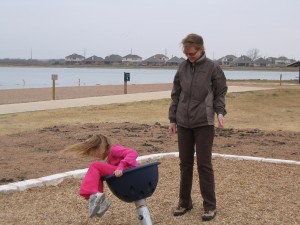January 30, 2010
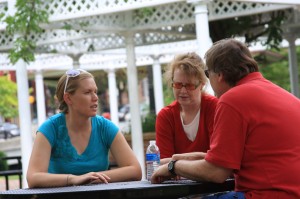 I have been surprised by one of the media’s most used excerpts to discuss Amy Chua’s book, ‘Battle hymn of the tiger mother.’ The example is about one of the author’s children saying that she hated math. The mother then decided to make quizes and drill the daughter, which improved her skills, and in a short period of time, the daughter like math.. even loved math. My own daughter reached an age where she, too, told me she hated math. I feel lucky that I had a friend and colleague who was studying how students learn math. She had reached the conclusion that girls and boys learn math differently.
I have been surprised by one of the media’s most used excerpts to discuss Amy Chua’s book, ‘Battle hymn of the tiger mother.’ The example is about one of the author’s children saying that she hated math. The mother then decided to make quizes and drill the daughter, which improved her skills, and in a short period of time, the daughter like math.. even loved math. My own daughter reached an age where she, too, told me she hated math. I feel lucky that I had a friend and colleague who was studying how students learn math. She had reached the conclusion that girls and boys learn math differently.
Martha Carr “studies first-graders, and has found that girls use different strategies and have different motivations to do math. ‘Boys,’ Carr says, ‘tend to use memory to retrieve sums and are motivated by a sense of competition to get the answer fast, even if they sacrifice accuracy. Girls care less about speed than accuracy and more often rely on “manipulatives” — counting on their fingers or a counting board. Girls will use manipulatives even when they might be able to retrieve [the answer],’ says Carr. ‘They need an added push that boys don’t need to start using cognitive strategies.’ That’s important because while using manipulatives is an excellent strategy when students first learn math, it slows them down as problems get more difficult. In fact, in a study that followed students from second grade through fourth grade, Carr found that becoming fluent, and therefore faster, at basic math is directly linked to math performance. The study also found that girls were less fluent than boys. ‘If we make sure all children are fluent [in math facts], we will eliminate most gender differences,’ she says. http://www.apa.org/monitor/2010/07-08/gender-gap.aspx
Because I had heard Martha present some of her research findings, when my daughter decided she didn’t like math, I looked for a female tutor to balance her male classroom teacher’s approach. It didn’t take the tutor long–several weeks–before my daughter decided that she again liked math because she was performing well again and feeling more confident about it. She went on to become her high school’s ‘physics student of the year’–an award that would be unlikely to be earned by someone who didn’t like math and felt anxious about it. Today, she is a high school science teacher… So, yes, I believe we really do need to listen to our children’s reports about difficulties experienced in the classroom at the earliest ages possible and see if there is a way to improve their experiences…
I talked about math anxiety in March of 2010 http://whyhealthcommunication.com/whc_blog/wp-admin/post.php?post=162&action=edit. I emphasized the importance of having math skills to be able to make health decisions. These range from simple decisons such as how to calculate when to take a medication that you should take three times a day to deciding whether the research about benefits for a specific treatment add up to a longer life or a more quality life as each of us would define it.
I haven’t read Chua’s book and am unlikely to do so. It was interesting to note, however, that another book on this topic was written a number of years ago and comes up on the search at Amazon for ‘tiger mother’… The title includes ‘tiger mother’ and ‘dragon father’ and introduces a philosophy for raising children that may have some parallels to Chua’s underlying philosophy but apparently did not include the ‘mean mom’ actions that Chua used to actualize the approach… http://www.amazon.com/Confucian-Disciplined-Respectful-Children-ebook/dp/B004J4VYYO/ref=sr_1_2?s=books&ie=UTF8&qid=1296407014&sr=1-2 It really is in the communication process that these differences come to light…
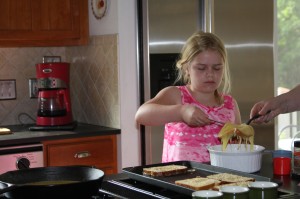 I heard it on the morning news. I heard it on the evening news. … Eggs are healthier. Remember the days when eggs were responsible for clogging our arteries and leading to high cholesterol levels? Well, the soundbites suggested that things are much improved… I was happy, as I like eggs. Boiled eggs. Scrambled eggs. Omelettes… French toast. One of my fondest memories is having brunch at home on a lazy day…with an omelette as the main course. But with high cholesterol in the family, I have avoided eggs.
I heard it on the morning news. I heard it on the evening news. … Eggs are healthier. Remember the days when eggs were responsible for clogging our arteries and leading to high cholesterol levels? Well, the soundbites suggested that things are much improved… I was happy, as I like eggs. Boiled eggs. Scrambled eggs. Omelettes… French toast. One of my fondest memories is having brunch at home on a lazy day…with an omelette as the main course. But with high cholesterol in the family, I have avoided eggs. 

